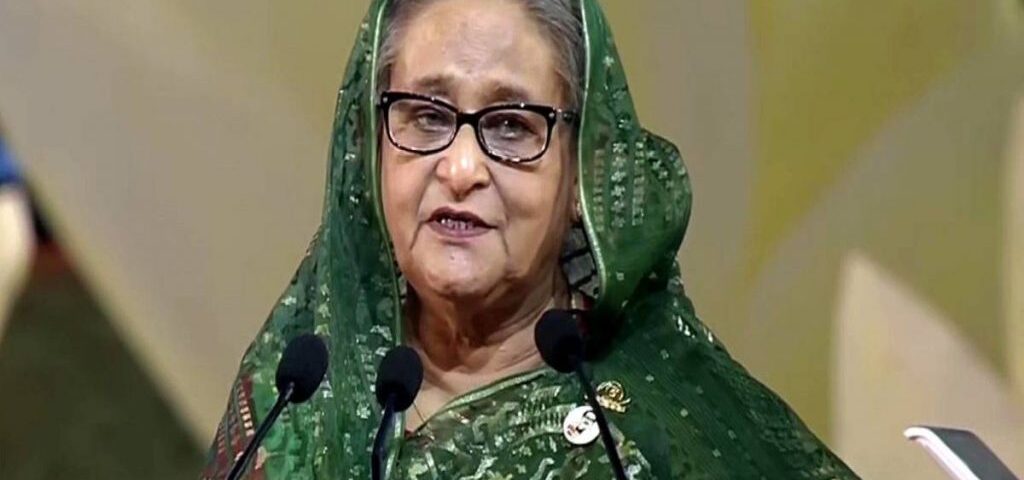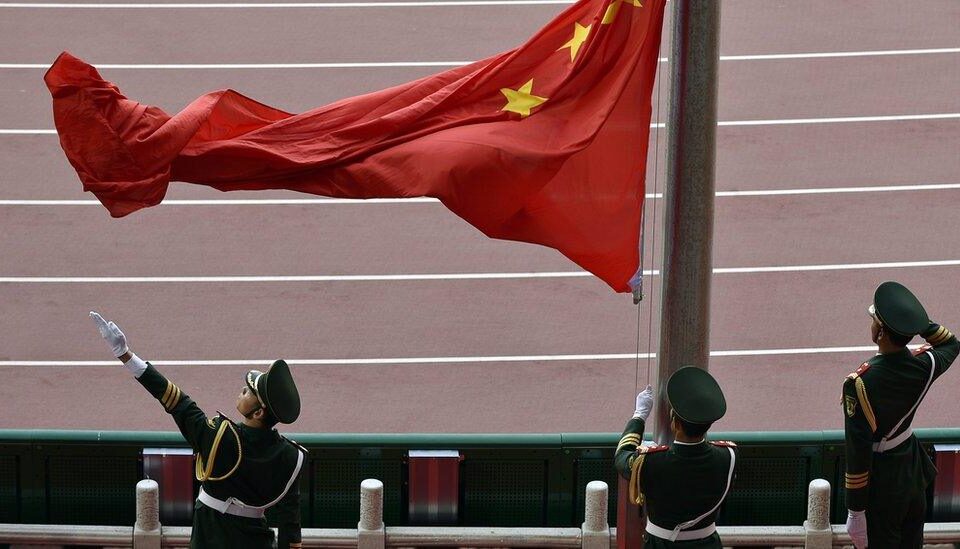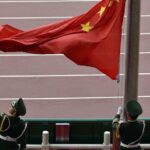
China’s economic slowdown worsens.
October 18, 2024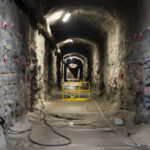
How do you design a storage facility that can securely contain a Nuclear tomb for millennia
October 19, 2024Hasina’s over 20-year rule in Bangladesh was marked by allegations of human rights violations.
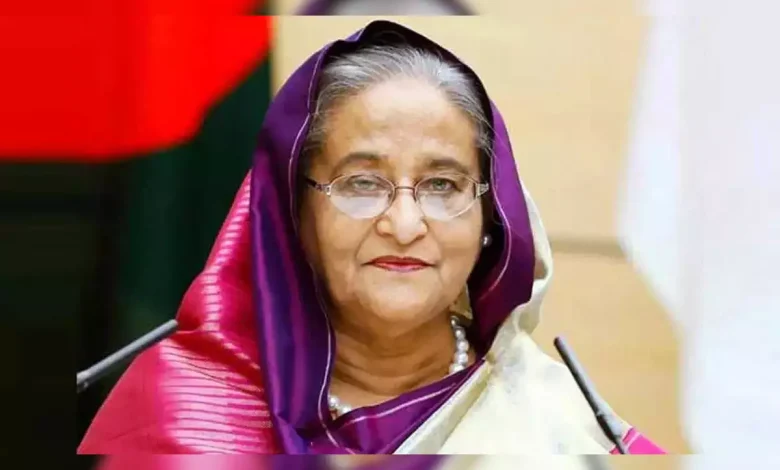
A Bangladeshi court has issued an arrest warrant for former prime minister Sheikh Hasina, who fled to India in August following her removal from power amid widespread protests. The International Criminal Tribunal (ICT) of Bangladesh seeks Hasina’s arrest for her alleged role in “crimes against humanity” committed during the protests, which led to the deaths of hundreds of people. Hasina, who led Bangladesh for over two decades, is accused of overseeing a regime that brutally suppressed dissent and opposition.
The ICT has also issued arrest warrants for 45 other individuals, including former ministers from Hasina’s government who have similarly fled the country. Mohammad Tajul Islam, the ICT’s chief prosecutor, announced that Hasina is to be brought before the court by November 18. “Sheikh Hasina was at the forefront of those responsible for massacres and crimes against humanity between July and August,” Islam stated.
The political unrest that led to Hasina’s downfall escalated in the summer when student-led protests over government job quotas transformed into massive demonstrations against her administration. The violence that followed, according to Bangladesh’s interim health ministry, resulted in over 1,000 deaths, marking the bloodiest period in the country’s history since its war of independence from Pakistan in 1971.
Now 77 years old, Hasina has remained out of the public eye since fleeing Bangladesh. Her last confirmed location was a military airbase near India’s capital, Delhi. Initially, she was expected to stay in India briefly, but her attempts to seek asylum in other countries have reportedly been unsuccessful. Her continued presence in India presents a diplomatic dilemma for New Delhi, which must balance its relationship with the new interim government in Bangladesh while managing public outrage within Bangladesh over the protection Hasina has received.
Complicating the situation is the fact that Bangladesh has revoked Hasina’s diplomatic passport, and the two countries have a bilateral extradition treaty. This treaty allows for Hasina’s extradition to Bangladesh to face trial, but it contains a clause permitting refusal if the offense is deemed “political.” Given the nature of the charges, this provision could become a significant factor in determining whether Hasina will be returned to Bangladesh.
Hasina’s government originally established the ICT in 2010, ostensibly to investigate war crimes committed during Bangladesh’s 1971 independence war. However, critics, including the United Nations and various human rights organizations, have condemned the tribunal for procedural flaws and have argued that it was used by Hasina to target and eliminate her political rivals. Following Hasina’s ouster, the interim government has reconstituted the ICT, but concerns about its legitimacy persist. Critics claim the tribunal now lacks judges with sufficient experience in international law, raising questions about the fairness of the proceedings.
Several cases under investigation accuse Hasina of orchestrating the violent suppression of the protests, including allegations of mass murder. Despite these charges, Hasina’s son, Sajeeb Wazed, has publicly defended his mother. In a recent interview with Reuters, he stated that Hasina is prepared to face trial. “My mother has done nothing wrong,” Wazed said, expressing confidence in her innocence.
As the tribunal proceeds, the political and legal implications of Hasina’s case are significant, both within Bangladesh and internationally. Her continued presence in India, the tribunal’s credibility, and the potential fallout of any legal decision could all shape the future of Bangladesh’s political landscape. While Hasina remains out of public view, the charges against her continue to fuel tensions in a country still reeling from the aftermath of violent protests and leadership change. The coming months may determine not only her fate but also the trajectory of Bangladesh’s fragile political environment.

